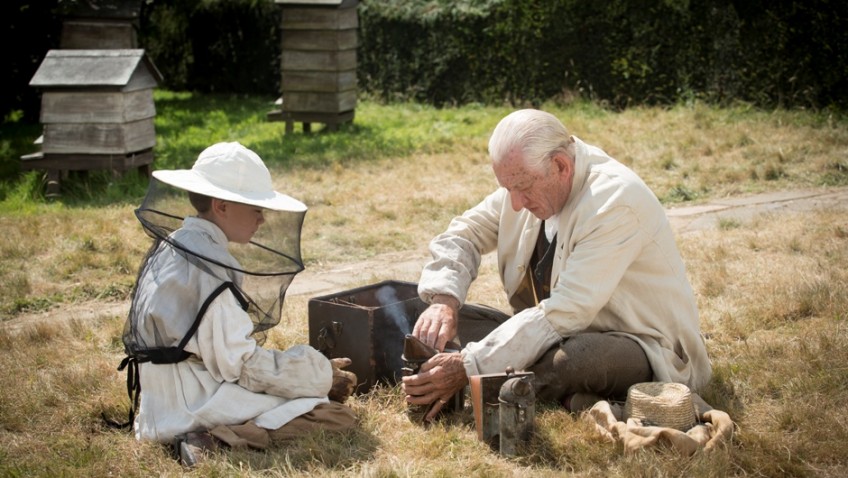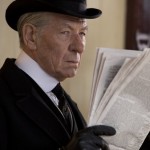Beekeeping is an ancient practice. Once they mastered fire, cavemen robbed bee trees with smoke, trading a few stings for the golden sweetness. Then some bright fellow discovered how to persuade honeybees to live in an artificial hive and man added apiary to his advancing skills.
Bees pollinate three-quarters of the world’s most important crops: but they are now under threat.
Folklore
Bees crop up everywhere from poetry to prose and even in our everyday sayings: we can be as ‘busy as a bee’, we ‘make a bee-line’ for things, we can get ‘a bee in the bonnet’ and the term ‘bee’s knees’ now famously refers to something fabulous, although originally it referred to something small and insignificant.
Bees are linked with magic, love, industriousness and creativity. They create honey, create noise, pollinate, and the Queen Bee who births her subordinate bees, is the epitome of creation itself. The term ‘honey’ is used to indicate love in songs and poetry as far back as four thousand years ago!
Bees symbolise wealth, the wealth of knowledge or the wealth of good luck as well as meaning wealth in the financial sense. Finding a bumblebee on a ship is good luck. Should a bee land in your hand then it allegedly means that money is coming your way. According to Irish and British folklore, you must never buy bees with normal money, only with gold coins , although, if possible, it is best to barter over them, so as not to offend them, or to receive them as a gift, so that no money changes hands at all. If a single bee enters your house it is traditionally a sign of good luck coming to you, usually in the form of money, but to have a bumblebee die in your home brought bad luck and poverty.
Even in modern folk magic bumblebees serve as a charm for health and wealth. Bee stings were said to treat the pain of rheumatism and arthritis (something modern science is investigating), and honey has been used in folk magic to treat just about every ailment mankind has ever been known to suffer with.
Omens have been read in the flight of bees, as well as the flight of birds, for centuries. When bees swarm it is usually considered an ill omen. If bees swarmed onto a dead or rotten tree, it was said to portend the death of one of the family who owned or lived near the tree. When bees become lethargic it augurs misfortune but if they are busy buzzing away then it indicates good luck. Some ancients considered bees to be able to predict the weather.
Bees had to be spoken to in very specific ways. ‘Telling the Bees’ is an old English folk custom where honeybees are treated like members of the family and kept up to date with all the goings on. Many of us are familiar with the tradition of telling the bees when someone in the family, especially the bee’s primary keeper dies, but traditionally all family news, including births, marriages, etc., and even news about visitors, was told to the bees as a courtesy.
Famous beekeepers
Keeping bees is now a popular hobby but there have always been people from different walks of life who have become apiarists. Aristotle is perhaps the oldest; Sir Edmund Hilary, Maria Von Trapp and Sylvia Plath are some of the other famous people who caught the bug.
Sherlock Holmes, although a fictitious character, is one that springs to mind and a new film released on 19th June starring Sir Ian McKellen as the famous detective in retirement, has scenes of him tending his bees with his young friend Roger.
According to Sir Arthur Conan Doyle, Holmes retired to Sussex, and amused himself by keeping bees. In His Last Bow (1917), Holmes’s friend Dr. Watson tells him “We heard of you as living the life of a hermit among your bees and your books in a small farm upon the South Downs.” In reply, Holmes shows off a book he has authored, Practical Handbook of Bee Culture, with Some Observations upon the Segregation of the Queen, saying, “Behold the fruit of pensive nights and labourious days when I watched the little working gangs as once I watched the criminal world of London.”
My favourite celebrity beekeeping stories are of Scarlett Johansson, the film actress and Martha Kearney, the news presenter, who were both given a hive full of bees as a wedding present and have gone on to become avid apiarists. Makes a change from a toaster!




